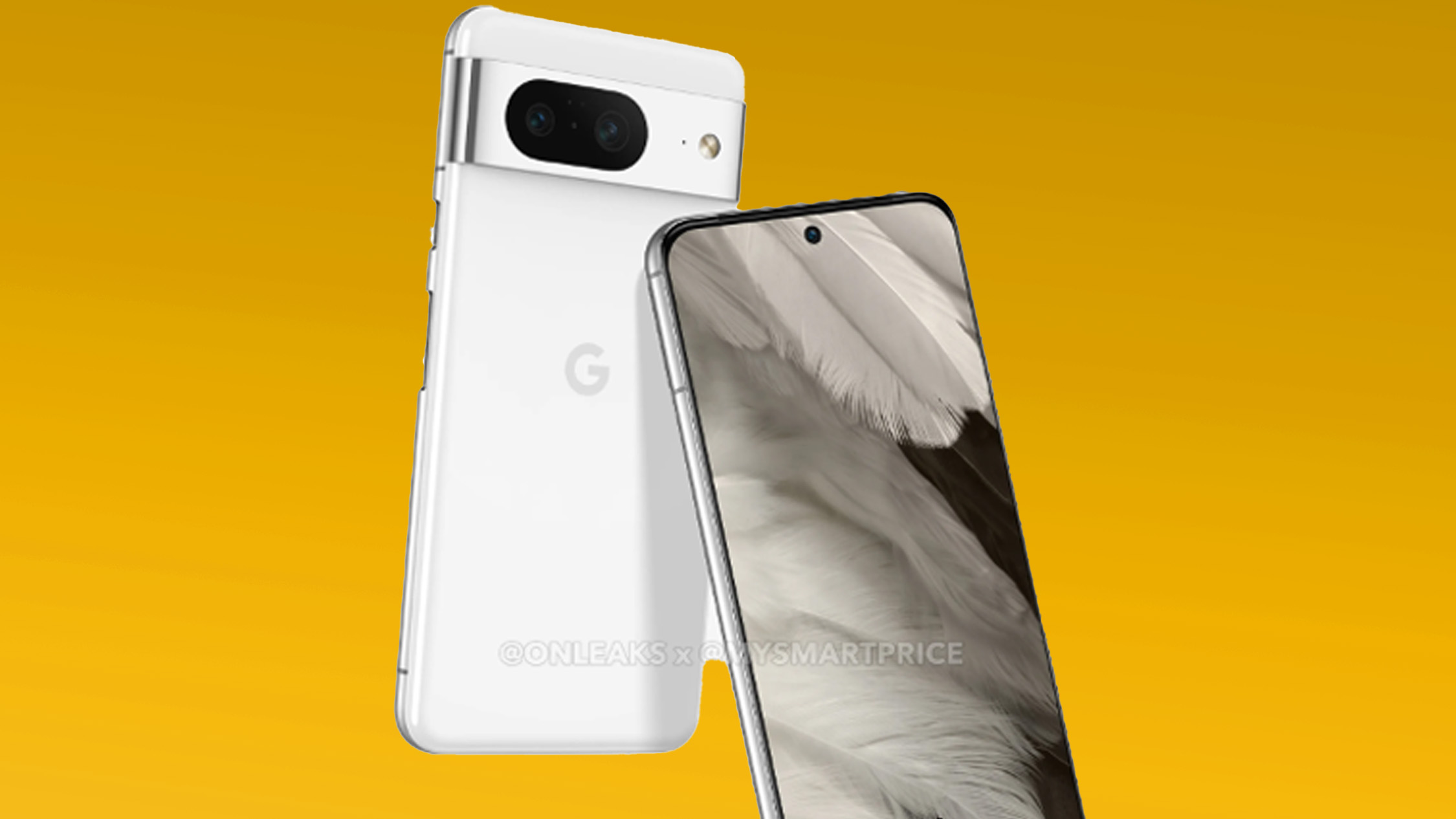
Google’s recent Pixel phones have few weak spots, but one area that both the Pixel 7 and Pixel 7 Pro do underwhelm in is battery life. In our stamina test, the former lasted just over seven hours, while the latter managed just an hour more. That’s not great: For most phones, 10 hours is par for the course.
The good news is that it looks like Google will be taking some small steps to address this with the Pixel 8.
This comes via the leaker Kamila Wojciechowska, who has been steadily revealing information about the upcoming handsets from her source inside Google. Past leaks covered the Tensor G3 chip, the improved camera array and the possibility of the phones debuting a desktop mode.
Now she’s returning “for the last time” to share “other tidbits of information that didn’t perfectly fit” in her previous posts for Android Authority. These final details largely concern batteries.
First off, both phones will get a boost in capacity, she claims. For the Pixel 8 Pro, this is so minor that it likely won’t change the 5,000mAh rating, but Wojciechowska says it’s rising by 24mAh to 4,950mAh. The regular Pixel 8 gets a more significant bump, with a jump from 4,270mAh to 4,485mAh.
To be clear, that’s still not massive — around 5%, or the size of a smartwatch’s cell — but it’s all appreciated, and if the Pixel 8’s Tensor G3 chip is more energy efficient, it could combine to seriously improve users’ day-to-day experience.
But even if it doesn’t, Wojciechowska claims that topping up the battery on both handsets will also get faster. While the charging speed was 20W on the Pixel 7 and 23W on the Pixel 7 Pro, the eighth generation will get a boost to 24W and 27W respectively.
There are a few non-battery-related details that Wojciechowska shares in the piece. Firstly, the arrival of the Tensor G3 chip includes support for Wi-Fi 7 on both handsets for improved speed, latency and reliability (if your router supports it when it arrives).
Secondly, ultra-wideband (UWB) will remain a feature of the Pro (and with an “upgraded module”), but it still won’t be included in the regular Pixel 8. That’s a little disappointing, given Google specifically mentioned incoming UWB support for compatible phones with the Pixel Tablet.
Finally, based on electronic warranty information, Wojciechowska infers that the Pixel 8 will be coming to four new countries in Europe: Austria, Switzerland, Belgium and Portugal. That should mean Pixel fans in those countries don’t have to pay over the odds to import.
Judging by previous smartphone releases, the Pixel 8 is likely to be officially unveiled at an event this fall — probably in October or November. In the meantime, Google has released both the Pixel 7a and Pixel Fold to tide fans over.







